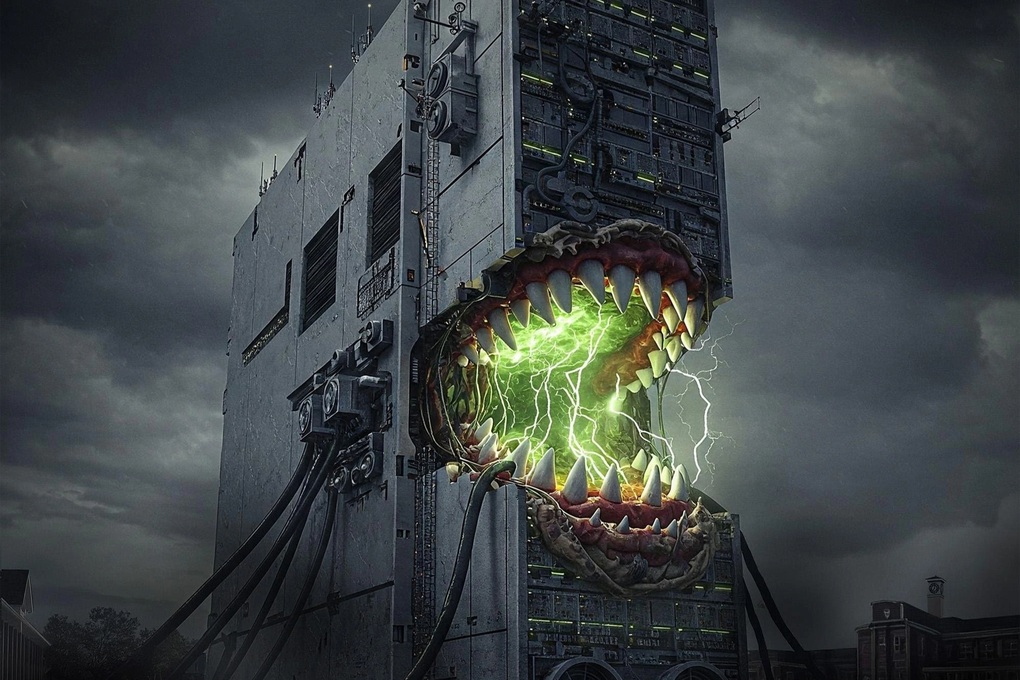
Many students fear that AI will make them unemployed after graduation (Illustration photo: ST).
Some students at top universities like Harvard and MIT are deciding to drop out, not because of lack of ability, but because of fear of a future dominated by Artificial General Intelligence (AGI).
This advanced technology, predicted to emerge within the next decade, is capable of performing all human-like tasks, raising deep concerns about both job prospects and the survival of humanity.
Choosing between a degree and "survival"
Alice Blair, a freshman at the Massachusetts Institute of Technology (MIT) in 2023, once dreamed of developing AI for the benefit of humanity. However, after a short time, she asked to reserve her studies. The reason: the fear that AGI could "destroy" humanity.
"I'm worried that I might not live to graduate because of AGI. I think in most cases the way we're moving towards AGI will lead to the extinction of the human race," Blair shared.
Blair now works as a technical editor at the Center for AI Safety, a nonprofit dedicated to AI safety research. She has no plans to return to school, believing her future lies in the “real world ,” where she can directly address this threat.
Blair's story is not unique.
According to Forbes, Adam Kaufman, a physics and computer science major at Harvard University, also left school to work at Redwood Research, a nonprofit organization that studies ways to prevent AI systems from "cheating" humans.
He believes that minimizing the risks from AI is the most important thing right now. Notably, Kaufman's brother, roommate and girlfriend also dropped out of Harvard for the same reason and now work at OpenAI.
Unemployment due to AI?
Besides fears of extinction, another concern is driving students in the US to drop out: AI could destroy their careers before they even begin.
According to a survey, half of 326 Harvard students expressed concern about the impact of AI on their career prospects. Nikola Jurković, a recent Harvard graduate, put it bluntly: “If your career is going to be automated by the end of the decade, every year of college will be a year off your short career.”
A number of predictions from tech leaders add to this uncertainty. OpenAI CEO Sam Altman believes AGI will arrive by 2029; while Google DeepMind CEO Demis Hassabis predicts the timeframe will be between five and 10 years.
Experts like Dario Amodei of artificial intelligence company Anthropic have even warned that AI could eliminate half of low-level office jobs and push unemployment rates up to 20% in the next few years.
Faced with such a bleak outlook, many students are forging their own path. They are dropping out of school to start their own businesses, spurred in part by the success stories of “predecessors” like OpenAI CEO Altman and Mark Zuckerberg.
Names like Michael Truell, 24 (CEO Anysphere) and Brendan Foody, 22 (CEO Mercor) are living proof of this wave. Truell's company is currently valued at $9.9 billion, while Foody has raised more than $100 million.
“I felt like I had very little time to act,” says Jared Mantell, who dropped out of the University of Washington to focus on his startup, dashCrystal. Having raised more than $800,000, his company, which automates the design of electronic devices, is on the rise.
However, dropping out of school also means facing many risks. Paul Graham, co-founder of Y Combinator, a famous startup accelerator, warned: "Don't drop out of college to start a business. There will be other opportunities, but you can't get your college years back." Blair also admitted that this path is "very difficult and tiring" and is only suitable for people who are "extremely resilient".
What future awaits these students? And in a world where AI is changing everything, how valuable will a college degree still be?
Source: https://dantri.com.vn/cong-nghe/noi-so-hai-ve-sieu-ai-khien-sinh-vien-harvard-mit-bo-hoc-20250812231329063.htm



![[Photo] National Assembly Chairman Tran Thanh Man attends the VinFuture 2025 Award Ceremony](/_next/image?url=https%3A%2F%2Fvphoto.vietnam.vn%2Fthumb%2F1200x675%2Fvietnam%2Fresource%2FIMAGE%2F2025%2F12%2F05%2F1764951162416_2628509768338816493-6995-jpg.webp&w=3840&q=75)



![[Photo] 60th Anniversary of the Founding of the Vietnam Association of Photographic Artists](/_next/image?url=https%3A%2F%2Fvphoto.vietnam.vn%2Fthumb%2F1200x675%2Fvietnam%2Fresource%2FIMAGE%2F2025%2F12%2F05%2F1764935864512_a1-bnd-0841-9740-jpg.webp&w=3840&q=75)
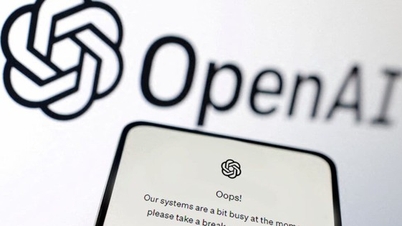





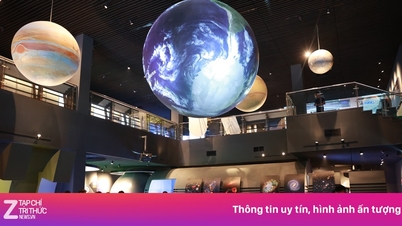

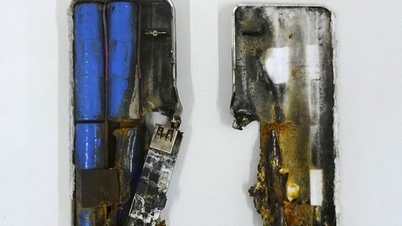







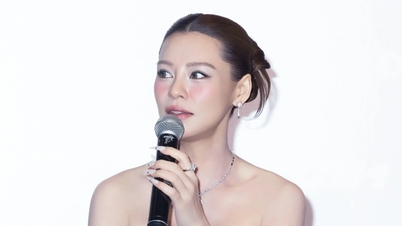

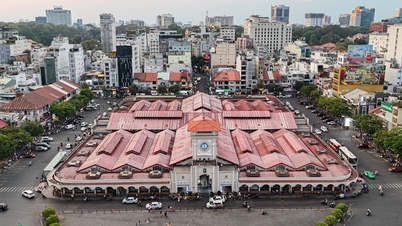
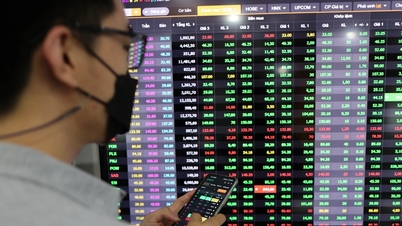












































































Comment (0)